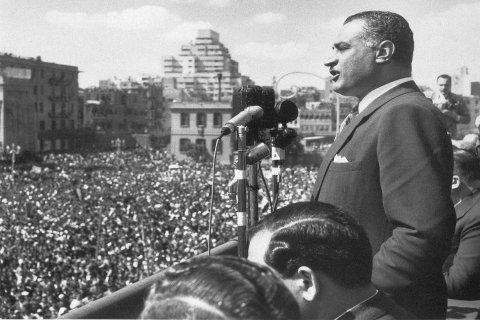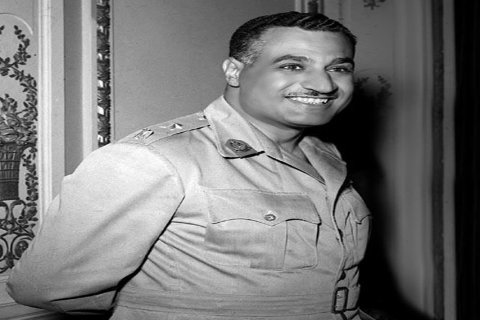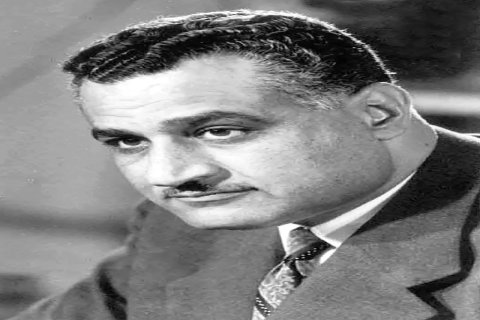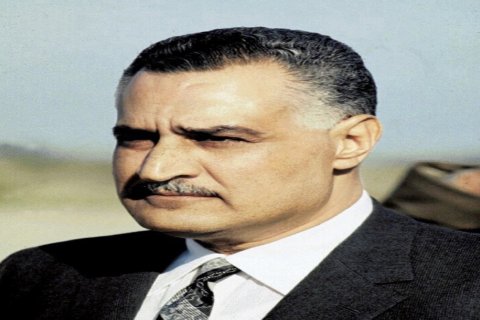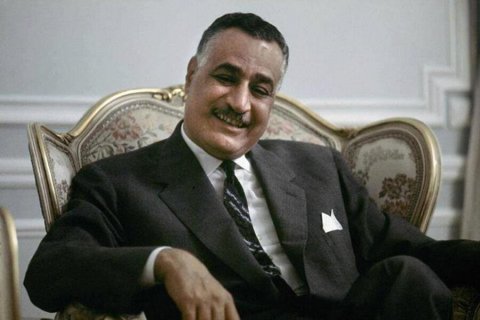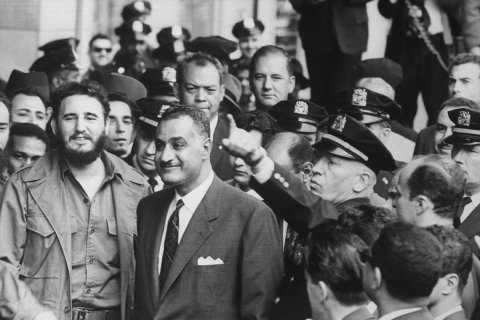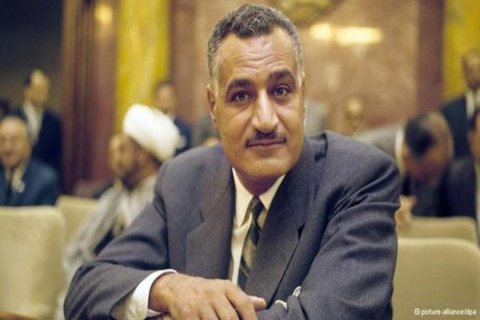Gamal Abdel Nasser
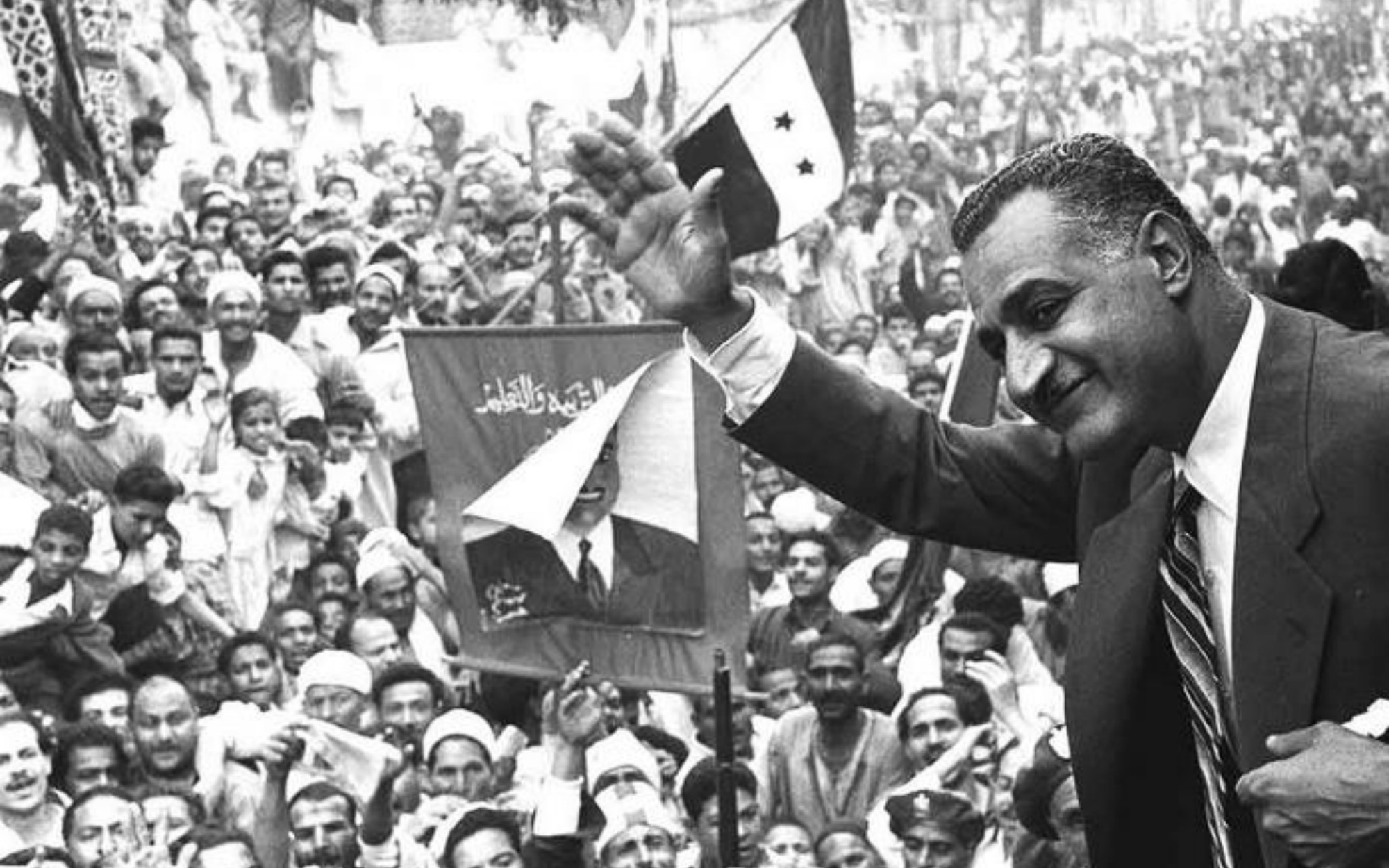
Gamal Abdel Nasser Hussein (15 January 1918 – 28 September 1970) was an Egyptian military officer, revolutionary, and politician who served as the second President of Egypt from 1956 to 1970, and the President of the United Arab Republic (UAR) from 1958 to 1961. Nasser was a key figure in the Egyptian Revolution of 1952 that overthrew King Farouk I and established the Republic of Egypt. He also played a leading role in the Arab nationalist movement and in the Non-Aligned Movement.
Nasser was born in Alexandria, Egypt, to a humble family. He attended the Royal Military College in Cairo and graduated in 1938. During World War II, he served in the Egyptian army and participated in the defence of Egypt against the Axis powers. In 1948, he took part in the Arab-Israeli War as a member of the Egyptian contingent of the Arab Liberation Army.
After the war, Nasser became increasingly involved in politics. He joined the Free Officers Movement, a group of young military officers who were dissatisfied with the corruption and inefficiency of the Egyptian government. In 1952, the Free Officers launched a coup d'état that overthrew King Farouk I and established the Republic of Egypt. Nasser became the de facto leader of the new regime and was elected President in 1956.
Under Nasser's leadership, Egypt underwent a period of rapid social and economic change. He introduced a number of reforms, including land redistribution, the expansion of education and healthcare, and the nationalization of key industries. He also pursued a policy of Arab nationalism and sought to unite the Arab world under a single government.
In 1956, Nasser nationalized the Suez Canal, which was operated by a British and French consortium. This led to the Suez Crisis, in which Britain, France, and Israel invaded Egypt. Nasser's forces successfully repelled the invasion, and the crisis ended with the withdrawal of the invading forces. The Suez Crisis boosted Nasser's popularity both in Egypt and throughout the Arab world.
In 1958, Nasser merged Egypt and Syria to form the United Arab Republic (UAR). However, the union was short-lived, and Syria seceded from the UAR in 1961. Nasser continued to rule Egypt until his death in 1970.
Nasser was a controversial figure. He was admired by many for his charisma, his commitment to Arab nationalism, and his social and economic reforms. However, he was also criticized for his authoritarian rule, his suppression of political dissent, and his involvement in regional conflicts.
Despite his controversial legacy, Nasser remains an iconic figure in Egyptian and Arab history. He is often credited with transforming Egypt into a modern, independent nation and with playing a leading role in the Arab nationalist movement.

